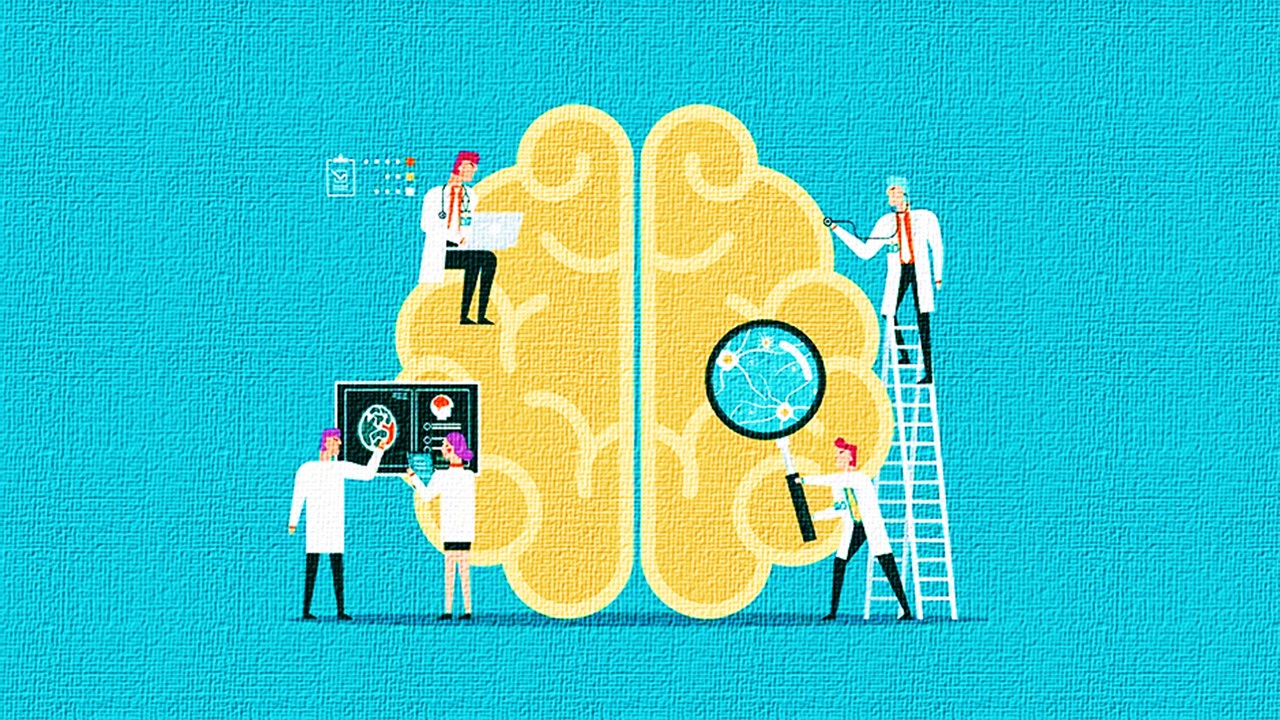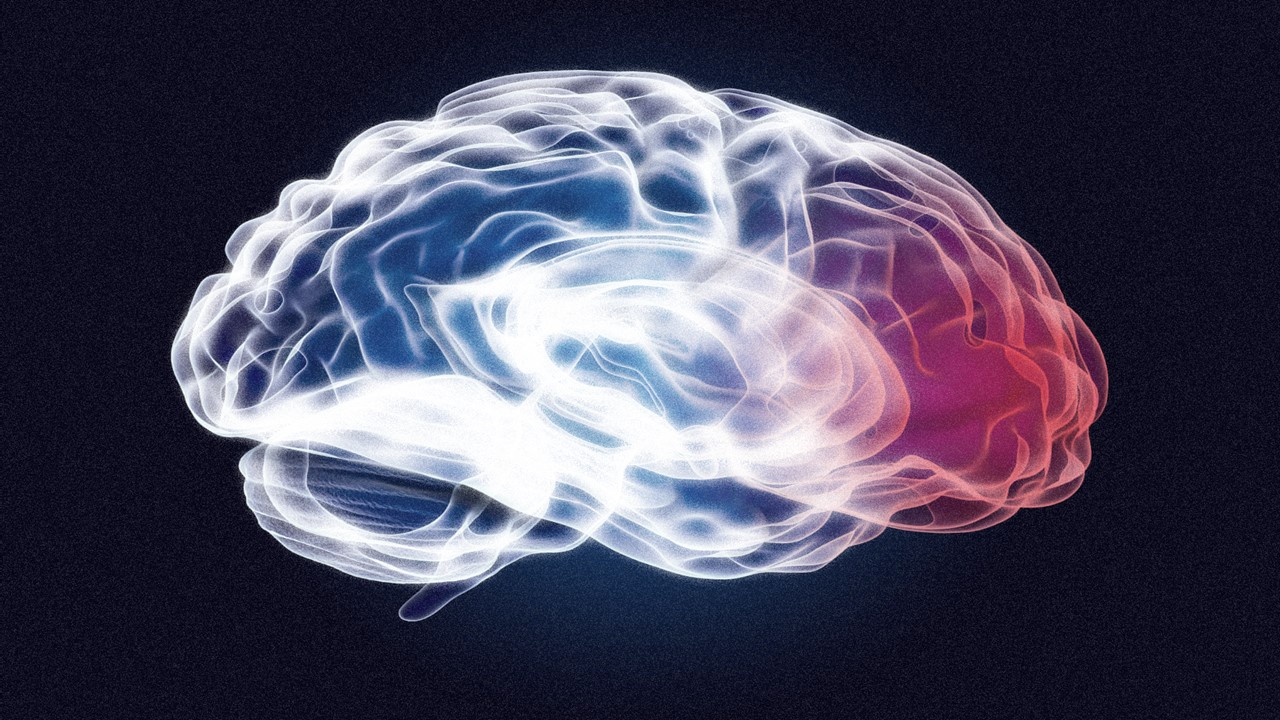Rune Labs is a neuroscience research company founded in 2018 that uses data science to accelerate the development of therapeutics for neurological disorders. The company is based in San Francisco, California, and is led by a team of experienced neuroscientists, data scientists, and business leaders.
Strengths and Portfolio of Services
Rune Labs offers a range of services focused on the discovery and development of treatments for neurological disorders, such as Parkinson’s disease. The company’s services include data analysis, predictive modeling, and clinical trial design.
Rune Labs also collaborates with leading academic and research institutions and some tech giants to advance the field of neuroscience research, develop new therapies, and improve monitoring of clinically diagnosed patients with neurological disorders. The San Francisco-based precision neurology firm recently revealed just before last year’s end of second quarter that its StrivePD software ecosystem, developed for Parkinson’s disease, has been granted 510(k) clearance by the US Food and Drug Administration (FDA) to employ Apple Watch for the collection and measurement of data from patients with Parkinson’s disease.
With that regulatory approval, Rune Labs aims to enhance treatment decisions for patients by combining data from various sources, such as the Apple Watch, the StrivePD software, and Medtronic implants that measure brain signals. This is a major achievement for the startup, as it aims to expand its partnerships with pharma and Medtech companies. Traditional methods of observing Parkinson’s patients during short clinical visits limit the data that doctors can gather, while it is also challenging for patients to monitor all their involuntary movements at home without assistance from a device. The presented technological integration proves to be a useful means to address this very concern.
Speeding Up Drug Development
One of the key strengths of Rune Labs is its ability to leverage data science to expedite the development of therapeutics. The company’s technology platform uses a combination of brain imaging, genetic analysis, and clinical data to develop predictive models that can help identify new drug targets and accelerate clinical trials.
By using data science to analyze large datasets, Rune Labs can identify patterns and insights that might be missed by traditional methods. This approach enables the company to identify potential drug candidates more quickly and efficiently, ultimately accelerating the development of new treatments for neurological disorders.
Data Infrastructure
Rune Labs has developed a robust data infrastructure to support its research and development activities. The company’s platform is designed to handle large, complex datasets and includes tools for data analysis, predictive modeling, and data visualization.
The platform is also designed to be flexible and scalable, allowing the company to adapt quickly to new research projects and collaborations. This infrastructure enables Rune Labs to work effectively with a wide range of partners and collaborators, including academic institutions, pharmaceutical companies, and government agencies.
Rune Labs’ software-as-a-service platform provides data infrastructure and therapy management to existing and emerging neuromodulation systems. The workflow commences after a batch upload of gathered data with associated event streaming and 3rd-party cloud integrations. The high-availability layer data persistence ensures that original data (csv, JSON, etc) are permanently copied during the recording session in the recording session data catalog. Subsequent passage of data streams to the ingestion layer generates isolated, time-aligned signal streams ready for cascading into the metadata database. The data streams are then stored via the write-ahead log (WAL) in the distributed timeseries storage layer which may exist interchangeably as in-memory random access indices or peta scale sequential access store elements. In addition to the batch processing pathway, exploration, analysis and patient care information are gathered with the utility of mobile applications, wearable monitors, and implanted neuromodulation devices. The query layer accommodates these to be processed into the ingestion pipeline so as to continuously upload raw files, subsequently parse data formats, and eventually organize into time series database. The parsed data formats from both pathways are then further processed in the post-processing and modeling job layer. Actionable data generated from all devices are accessible through web applications and through an application programming interface (API).
Latest Publications
Rune Labs has published several papers in leading scientific journals, highlighting its innovative approaches to neuroscience research. For example, the company published a paper in the journal Frontiers in Neuroscience in 2021, describing The Role of Large-Scale Data Infrastructure in Developing Next-Generation Deep Brain Stimulation Therapies.
Until now, the limited abilities of neuromodulation devices in sensing and algorithms have made it impossible to fully understand how rhythms affect the effectiveness of bioelectronic medicine. However, with the emergence of new and improved devices that overcome these limitations, the Rune Labs research team recommends that future devices incorporate chronobiological factors into their control systems to optimize the benefits of neuromodulation therapy. For further details, please refer to their publication Embedding digital chronotherapy into bioelectronic medicines.
Prospective Careers
For individuals interested in pursuing a career in neuroscience research, Rune Labs offers a range of exciting opportunities to work on cutting-edge projects and collaborate with leading researchers and institutions. The company is currently hiring for positions in data science, engineering, neuroscience, and business development.
Rune Labs also offers internship opportunities for undergraduate and graduate students interested in gaining hands-on experience in neuroscience research and data science.
Apply directly for open roles at Rune Labs on Careers @ RuneLabs.
At the Forefront of Neuroscience
Rune Labs is no doubt a leader in the field of neuroscience research, leveraging data science to accelerate the development of therapeutics for neurological disorders. The company’s innovative approach to research, collaborative partnerships, and commitment to staying at the forefront of the field make it an exciting and rewarding place to work for anyone interested in neuroscience research and data science.
More about Rune Labs on runelabs.io.
Subscribe
to get our
LATEST NEWS
Related Posts

Neuroscience & Neuropharmacology
Cannabinoids and Autism: Evaluating Their Role in Sleep and Behavior
In the quest to improve the lives of individuals with autism spectrum disorder, rigorous science remains our most vital tool—revealing not just what works, but what does not.

Neuroscience & Neuropharmacology
Two-Dimensional Neural Geometry: A Revolution in Understanding Human Working Memory
Working memory, a cornerstone of human cognition, has long been mischaracterized as a passive storage system.
Read More Articles
Myosin’s Molecular Toggle: How Dimerization of the Globular Tail Domain Controls the Motor Function of Myo5a
Myo5a exists in either an inhibited, triangulated rest or an extended, motile activation, each conformation dictated by the interplay between the GTD and its surroundings.
Designing Better Sugar Stoppers: Engineering Selective α-Glucosidase Inhibitors via Fragment-Based Dynamic Chemistry
One of the most pressing challenges in anti-diabetic therapy is reducing the unpleasant and often debilitating gastrointestinal side effects that accompany α-amylase inhibition.













